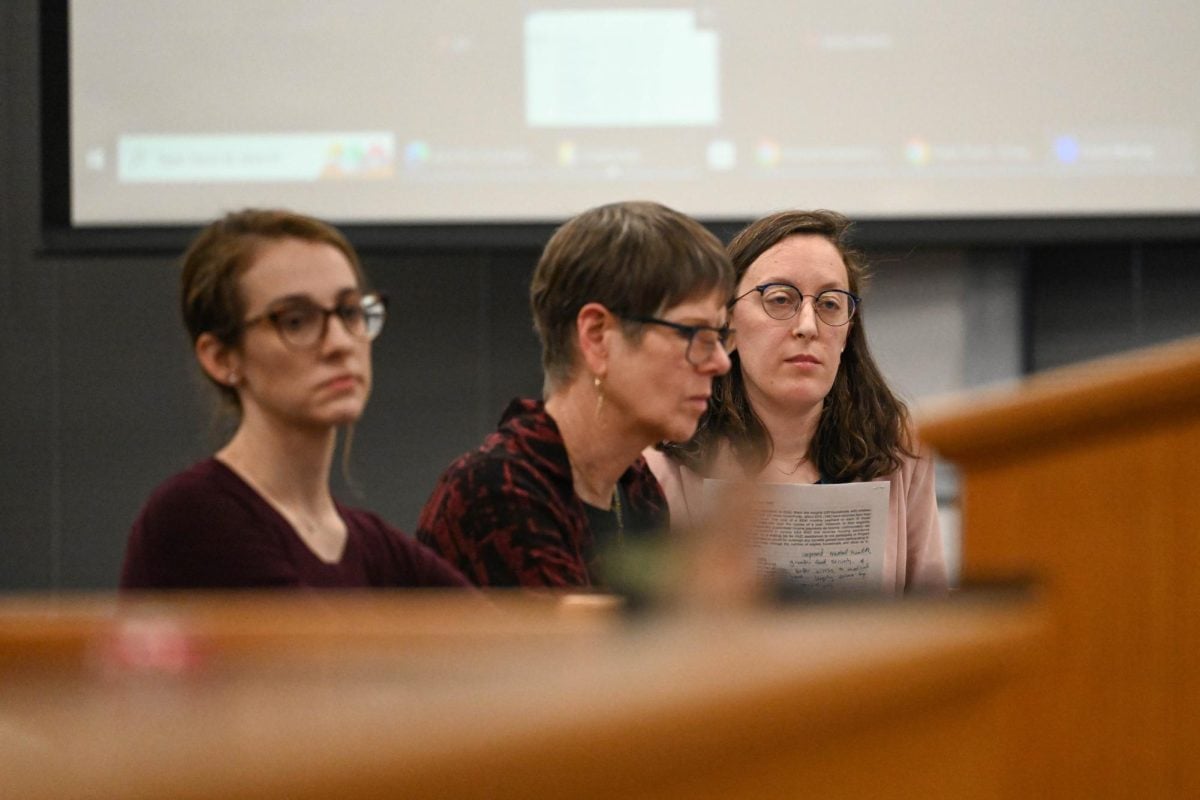In a vote of confidence on Evanston’s fledgling guaranteed income initiative, City Council unanimously approved a new year for the program on Monday — this time with a modified focus and funding pot.
Like last year’s initiative, the program doles out $500 a month to residents who qualify. Unlike the 2023 focus on adults, this year’s effort will focus on aiding low-income families with children under 5 years of age. Only those living in one central Evanston tract will qualify.
The program will not use city taxpayer money, instead drawing from remaining pandemic-era American Rescue Plan Act funds from the federal government.
Unlike last year, Northwestern will not contribute any money to the guaranteed income pot.
The $900,000 in ARPA money will cover about 150 qualifying families in census tract 8092, which in 2018 had a city-high child poverty rate of 28.9% and a life expectancy about 6.5 years shorter than the Evanston average, according to a city report.
The city’s proposal cites research concluding that a small yearly income increase for children living in poverty can have positive effects on education and earnings in adulthood.
“$500 might not seem like a lot of money,” said Ndona Muboyayi, a 5th Ward resident and advocate with Evanston Cradle to Career. “But it makes a major difference when someone might not be able to pay bills.”
The new program will cover a year’s worth of monthly payments for the estimated 144 households that meet its family, income and residency requirements. Once they apply and receive approval, the families can spend their prepaid debit cards on whatever they’d like.
Evanston’s Health and Human Services Department will continue to administer the program.
Kimberly Holmes-Ross, interim executive director and community engagement director for Evanston Cradle to Career, told The Daily that the city made a “really intentional effort” to interact with residents.
City Council ultimately approved the program 8-0. Much of the discussion between the council and city staff centered on the different demographic selected this year: families near or below the poverty line in a mostly 5th Ward tract.
“I wanted to give space for my colleagues, especially in the 8th and 2nd wards, to discuss the need across the city,” Ald. Bobby Burns (5th) said. “Especially in their wards, I really hope we continue this.”
For the program to continue or expand beyond this year, Evanston must find a new funding source. The federal ARPA money — a $43 million bonanza — went to several city initiatives, including last year’s $3 million Evanston Thrives package for local businesses.
This year’s guaranteed income program will expend most of the remaining ARPA funds, city staff said, but it could turn to NU and the Evanston Community Foundation for future financial support.
“Northwestern and ECF are working with each other and us closely, but mostly with each other, to figure out how to do this, for real, for a long time,” policy coordinator Alison Leipsiger said.
Private funding could ultimately cement guaranteed income as a long-term Evanston initiative. NU has “made a commitment” to the program unrelated to its Ryan Field community benefits package, she added.
Ald. Devon Reid (8th) said a “guaranteed jobs” program would have a bigger impact and cited past concerns he had with the income initiative. Still, he lauded the research around guaranteed income and voted in favor.
“I don’t want to be in a situation where we have families who are used to this funding, still need this funding in a year, and then the funding just disappears,” Reid added. “That could have really detrimental impacts on those families. I want us to also be aware that by voting for this today, hopefully, we are voting for this for the foreseeable future.”
Email: [email protected]
Twitter: @realShunGraves
Related Stories:
— City Council approves non-police alternative for 911 response to start by June
— Evanston, NU collaborate on guaranteed income pilot
— Evanston launches Guaranteed Income Pilot program with Northwestern






